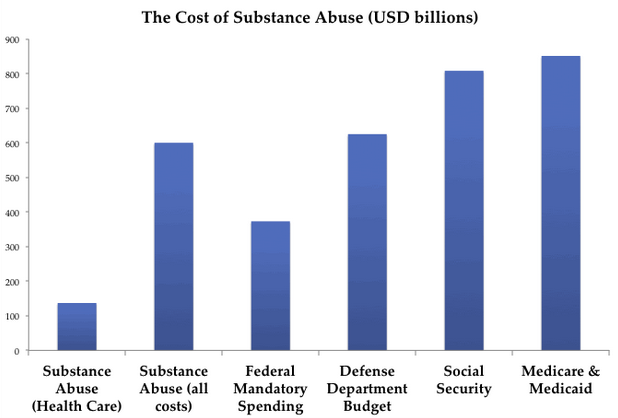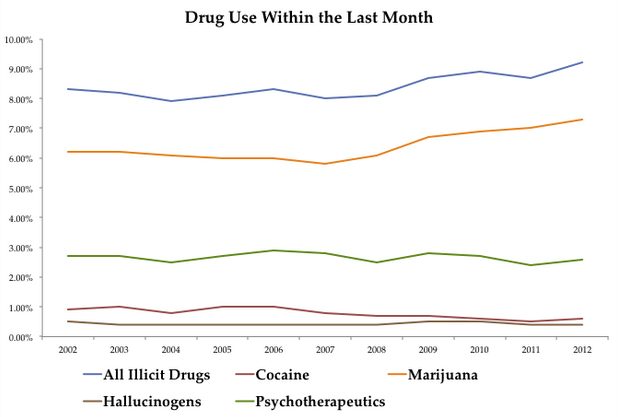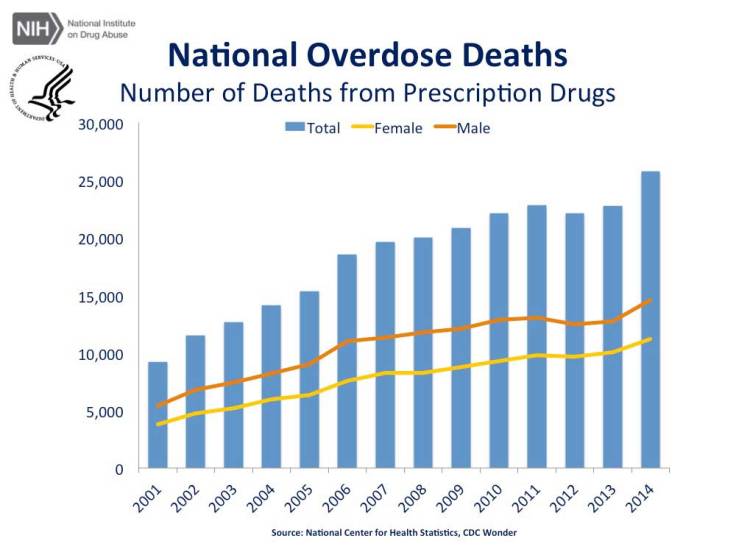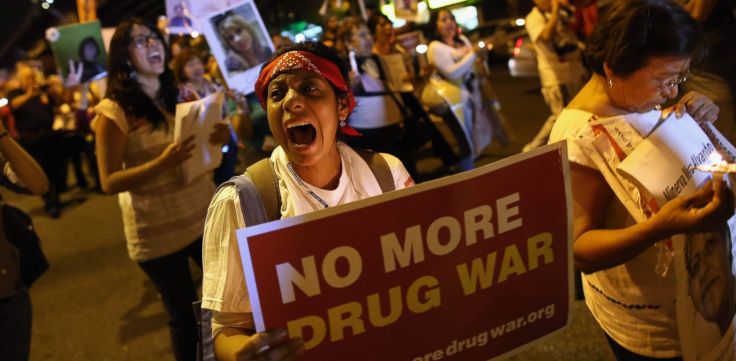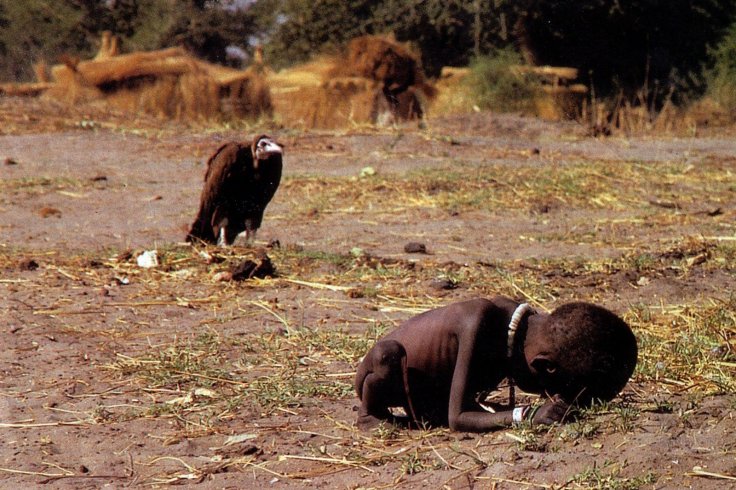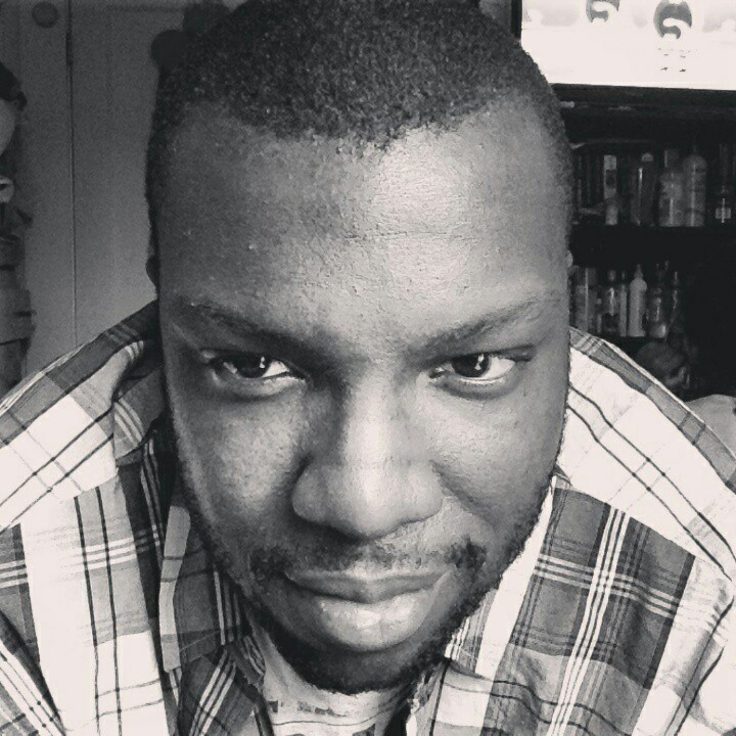In the aftermath of what is now considered the deadliest domestic shooting by a single individual on American soil, outraged citizens are fighting for gun control: while many are also fighting for their right to bear arms, as well. On the night of June 12 at a popular Orlando nightclub, a gunman by the name of Omar Mateen opened fire inside the club, killing 49 and injuring 53 other patrons. This act caused a powder keg of social and political opinions on Americans’ right to bare arms, with most Americans now in favor for stricter gun control.
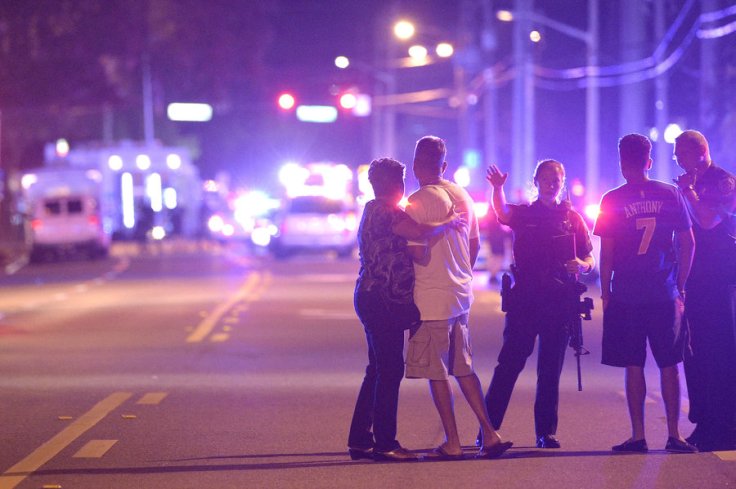
Orlando police officers direct family members away from a shooting at a nightclub in Orlando, Fla., on Sunday.
On June 20, a series of gun control measures, which would have called for stricter sanctions on those who can own firearms, were rejected by senate. Senators from each party introduced the measures they said would have strengthened background checks and prevented suspected terrorists from obtaining weapons. Senator Chris Murphy, a Connecticut Democrat who sponsored one of the failed measures expanding background checks, was beyond upset about the result.
“I’m mortified by today’s vote but I’m not surprised by it,” Murphy said Monday evening. “The NRA has a vice-like grip on this place.”
Senator Murphy’s measure sought to tighten background checks for gun buyers and those looking to obtain a gun license. Republicans offered a measure that focused more on the mental health aspects that are related to firearms. The Obama administration has also vowed to continue to press forward with finding a solution.
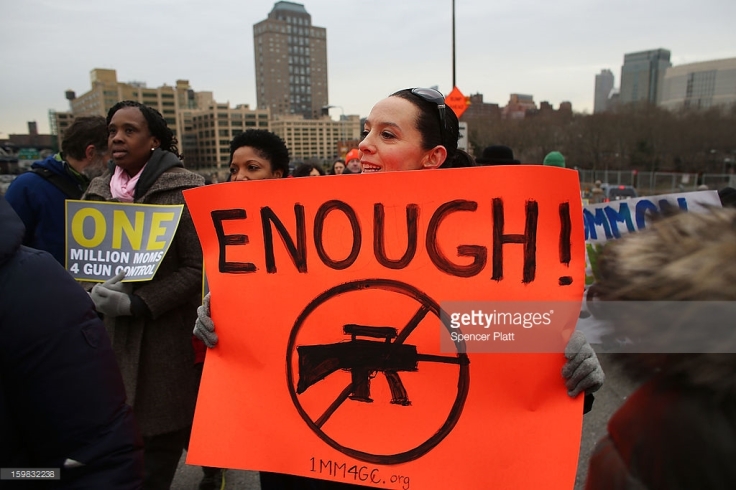
Gun Control Activists March Across Brooklyn Bridge (Spencer Platt, Getty Images)
For years now gun control has been a much disputed and controversial topic. There are those who call for complete control on those who should own and operate firearms. The wishful result of this measure would likely lower crime rate and the likelihood of “rampage killings,” especially many hate crimes, which are seemingly happening more sporadically now. Those who are against gun control feel that it would be an infringement against their second amendment right; the right to bear arms. Many also believe that this would likely start a chain of events, where one right is infringed by the government, many other rights (for example, free speech) would be taken from the American people also. Both sides of this political “powder keg” have good views on their rights and reasons of why they support what they believe.
There are many countries that now have very strict gun control laws and have always had them for many years. The Arms Act of 1959 and the Arms Rules 1962 of India prohibits the sale, manufacture, possession, acquisition, import, export and transport of firearms and ammunition unless under a license and is a stringent process. A very stringent process. In fact, the Indian government has a monopoly on the sale of all firearms.
Japan, in the postwar period, has had gun regulation, which is strict in principle. Gun licensing is required, and is heavily regulated by the National Police Agency of Japan. Over the last few centuries, the government has imposed very restrictive controls on the small number of gunsmiths in the nation, thereby ensuring the almost total prohibition of firearms. Japan’s firearm law states: “No one shall possess a firearm or firearms or a sword or swords”, and very few exceptions are allowed. However, citizens are permitted to possess firearms for hunting and sport shooting, but only after submitting to a lengthy licensing procedure.
South Korea has one of the most restrictive gun control measures in the world. Hunting and sporting licenses are issued. But owning a gun for any other reason can land you in really hot water, especially with their harsh penalties against illegally owning firearms. Violation of firearms law can result in a $(US)18,000 fine and up to 10 years in prison. Even possessing a toy gun that resembles a real gun is strictly prohibited.
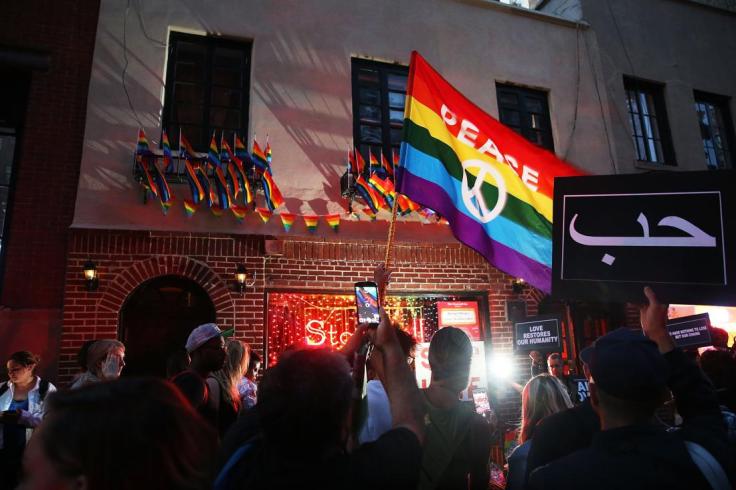
Gun control will probably be a hot topic for years to come in the United States. As long as there are two opposing sides, it will be a long time before a definitive solution is set in stone. But until it is set in stone, we have to ask ourselves these questions: Will gun control help lower crime rate? Will it reduce mass killings? Will stronger sanctions lead to other infringements on American’s rights? Are there other ways to reduce mass killings?
References
Ebenhack, P. M. (2016, June 12). Orlando police officers direct family members away from a shooting at a nightclub in Orlando, Fla., on Sunday. [Digital image]. Retrieved June 23, 2016, from http://www.npr.org/sections/thetwo-way/2016/06/12/481744095/police-say-multiple-victims-after-shooting-at-orlando-nightclub
Platt, S. (2013, January 21). Gun Control Activists March Across Brooklyn Bridge [Digital image]. Retrieved June 23, 2016, from http://www.gettyimages.com/event/gun-control-activists-march-across-brooklyn-bridge-159755096#participants-with-one-million-moms-for-gun-control-a-gun-control-in-picture-id159832238
Platt, S. (2016, June 13). Mourners gather outside of the iconic New York City gay and lesbian bar the Stonewall Inn to light candles, lay flowers and grieve for those killed in Orlando on June 12, 2016. [Digital image]. Retrieved June 23, 2016, from http://time.com/4366666/orlando-shooting-google-search/
Overview of gun laws by nation. (2016, June 22). Retrieved June 23, 2016, from https://en.wikipedia.org/wiki/Overview_of_gun_laws_by_nation
I initially did not want to write about this, because it’s such a sensitive topic. Especially with those who have lost someone to gun violence. I just wanted to take this opportunity to give my condolences to the families of those who were victims in the Orlando, FL shooting and to those that have lost someone to gun violence. You are the strongest in this situation and no matter what happens, those that have died will never be forgotten.
-Joey Thurman


